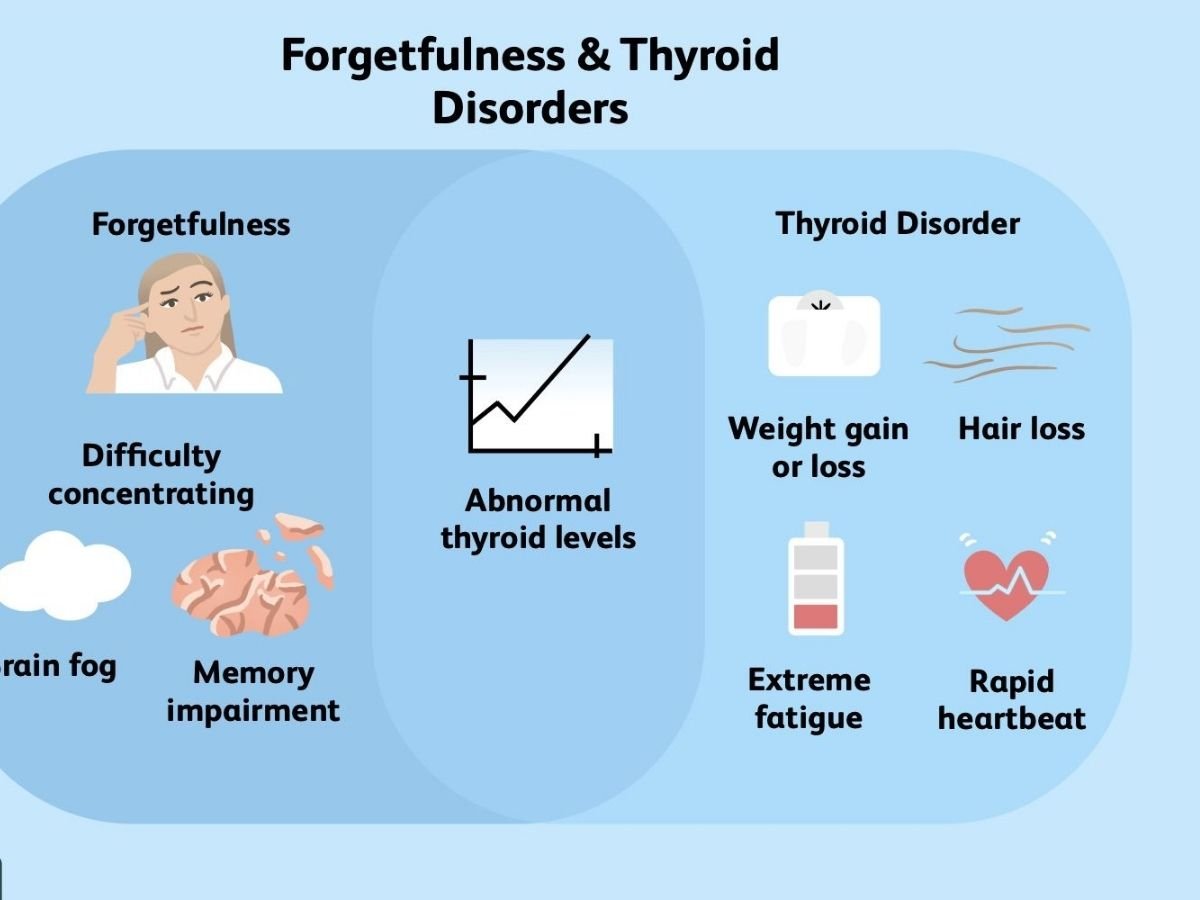A search for biomarkers to predict recurrence of ductal carcinoma in situ DCIS revealed that a significant fraction of recurrences had genetically distinct features from the primary DCIS, calling the potential value of recurrence markers into question.
Almost 20% of ipsilateral recurrent DCIS had a genetic profile that differed from the primary tumour. Tanjina Kader, PhD, of the Peter MacCallum Cancer Center in Melbourne, Australia, said during the American Association for Cancer Research (AACR) meeting that the findings disproved the widely held belief that ipsilateral recurrence, whether DCIS or invasive breast cancer, shared clonality with the original tumour.
According to her, the discovery has implications for breast cancer treatment and research aimed at identifying biomarkers for recurrence. Patients with DCIS have recurrences about one-fourth of the time, which are invasive breast cancer half of the time.

“For the time being, we believe that recurrent tumours are genetically related to primary DCIS,” Kader said at an AACR press conference. “As a result, the treatment options for all of these patients are identical. All patients with recurrent DCIS will be treated with additional surgery or surgery combined with radiotherapy. But the question remains: how certain are we that the second tumour is related to the primary tumour?”
The clonality differences were discovered as part of a study on the genetics of primary and recurrent DCIS. The goal was to find potential biomarkers that could differentiate DCIS with a high risk of recurrence from tumours with a low risk of recurrence.
“While we can get excited about these biomarkers,” said Kader, “this particular finding [about the genetic making of nonclonal recurrent DCIS] raises the question of whether we should actually use predictive markers for DCIS.”
During the discussion that followed her presentation, Kader stated that no information on the natural history or response to treatment of nonclonal recurrences is available, and she reiterated that the study is the first to document the different genetic makeup and clonality of recurrent DCIS.
Given the apparent lack of utility for the biomarkers identified during the study, press briefing moderator Timothy Yap, MD, PhD, of the University of Texas MD Anderson Cancer Center in Houston, inquired about the next step of investigation.

More research into the interaction between tumour cells and the tumour microenvironment is needed, according to Kader, to determine how tumours may change as a result of the interaction, as well as what molecular and genetic factors are involved.
















